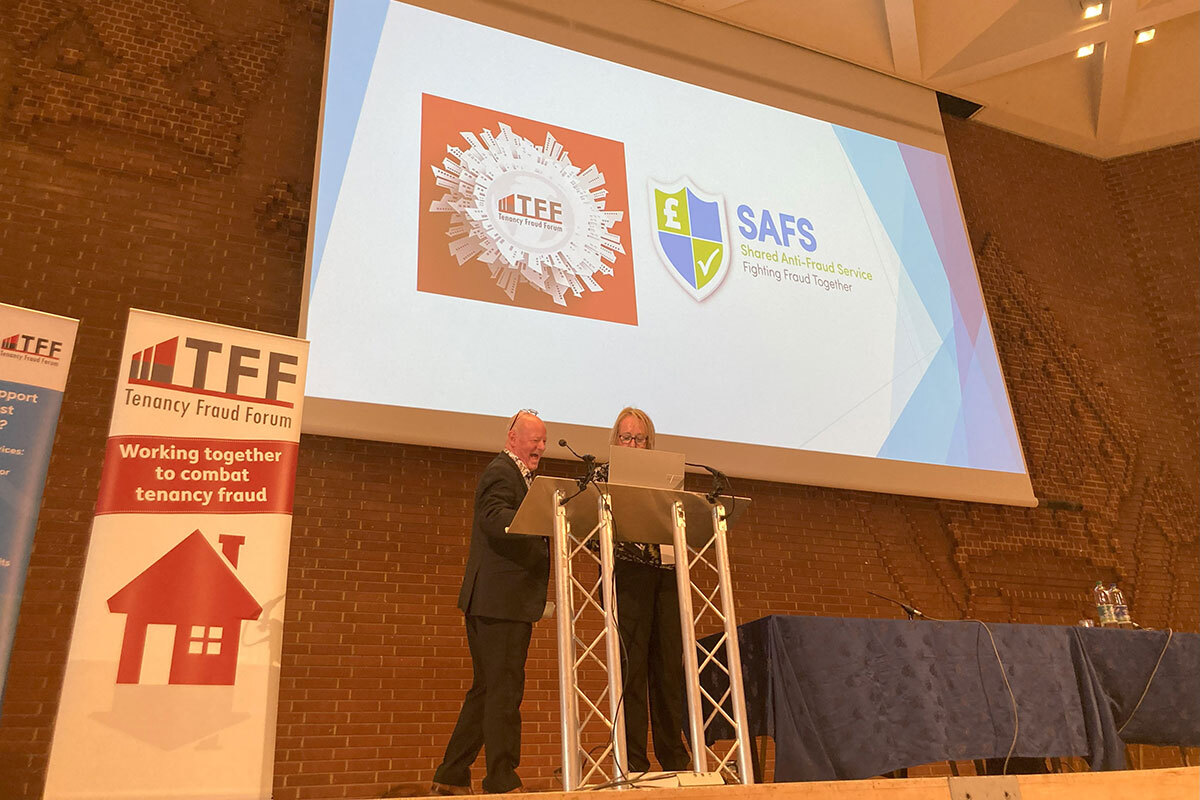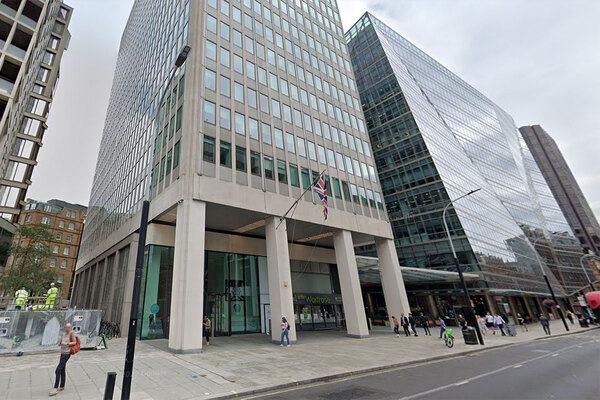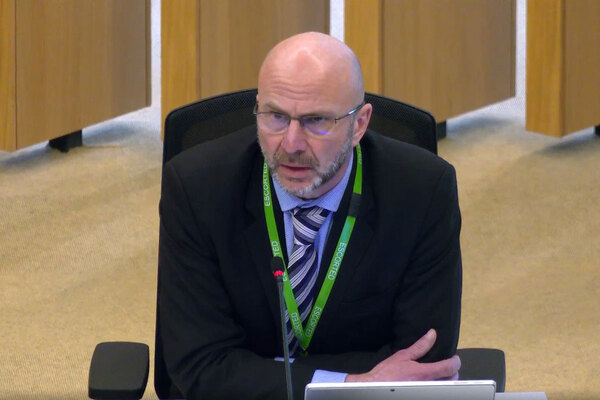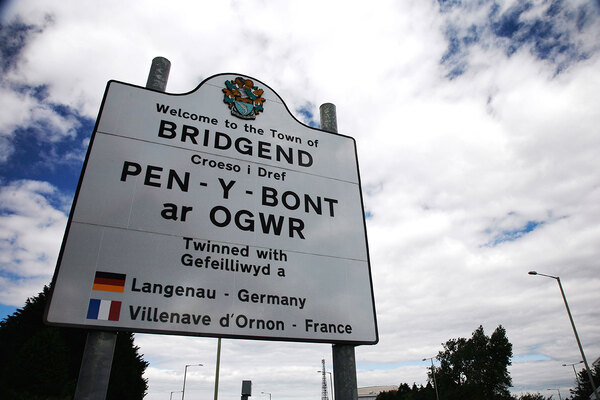You are viewing 1 of your 1 free articles
English regulator is ‘turning a wilful blind eye’ to tenancy fraud, experts warn
A non-executive director at the Tenancy Fraud Forum (TFF) has accused the English regulator of “turning a wilful blind eye” to tenancy fraud and said it has “lost sight of the real victims”.
Alan Bryce, the former head of counter-fraud at the Audit Commission, was speaking at the TFF annual conference at Kensington Town Hall on Wednesday.
He called on the Regulator of Social Housing (RSH) to acknowledge the true extent of tenancy fraud and take the issue seriously.
Mr Bryce explained that at a time when homelessness is reaching record numbers, with data revealing there were 112,660 homeless households living in temporary accommodation in December 2023, tenancy fraud should be tackled as a priority so that social homes can be provided for families in genuine need.
He said that the RSH needs to force the hand of housing associations, as “most don’t take the issue seriously as there is no financial loss directly to them”.
He added: “The role of the regulator is to blow the whistle at the right time. Housing associations are given no steer or guidance.”
Mr Bryce addressed hundreds of attendees at the conference, sharing information from a recent Freedom of Information (FOI) request submitted to the RSH.
The FOI was submitted by Keith Cooper and published recently in Housing Quality Magazine. It revealed that between 2022 and 2023, 204 tenancy frauds were reported by housing associations. Only five associations attached a financial loss to 41 of them, amounting to £127,433.
Mr Bryce said: “This information shows me that the regulator has not got a clue when it comes to tenancy fraud.
“There is no definition of tenancy fraud within the information housing associations are asked to send in, no guidance as to when you should recognise that property has been recovered and the RSH have never even published this data until now.
“The RSH is not bothered. This needs to change.”
This FOI data comes as L&Q, one of the UK’s largest housing associations, revealed it has recovered 143 homes involved in tenancy fraud between April 2023 and March 2024.
In response, an RSH spokesperson said: “Social housing is an important asset for society and social landlords should provide homes for people who need them.
“We take the issue of tenancy fraud seriously, and landlords must act on their responsibility to detect and manage it.
“We set standards that landlords need to deliver. They must have robust processes in place for tenancy fraud and actively tackle the issue. A significant case of fraud may impact on their ability to meet our standards, and in these cases we take appropriate action in line with our remit.
“In April this year, we started a programme of inspections for all large social landlords. We are assessing how landlords are meeting the outcomes in our standards, including those relating to tenancy fraud.”
At the conference last year, the TFF revealed that its Lost homes, lost hope: social housing fraud in England report, which estimated that at least 148,000 social homes could be subject to tenancy fraud.
Katrina Robinson, chair of the TFF, said: “We have asked the RSH more times than we could shake a stick at if they will come to talk at this conference and they just get distracted by something shiny. Or they will say tenancy fraud ‘is nothing to do with us’ or ‘it’s too niche’.”
Sign up for our regulation and legal newsletter
Already have an account? Click here to manage your newsletters












